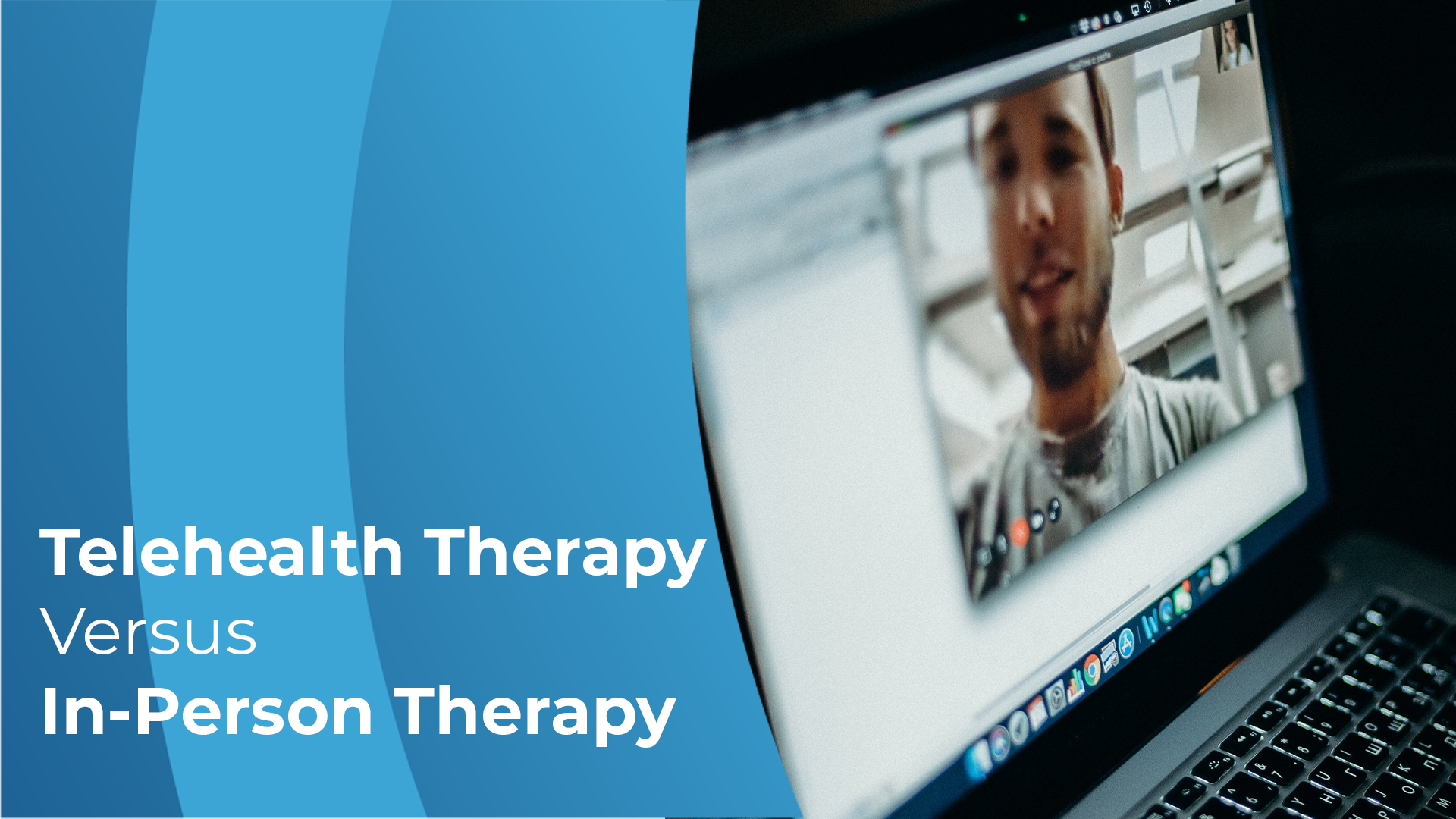News
Blog Entries - Mental health
The Psychology Behind Asking for Help: Why It’s Essential for Your Mental Health

Asking for help can feel surprisingly hard sometimes, even when it’s exactly what’s needed.
Maybe it’s worrying about being judged, wanting to seem strong, or believing you should handle things on your own. These feelings are more common than you might think, but they can make challenges feel heavier and leave you feeling stuck.
Indicators of Early Childhood Mental Health Struggles
.jpg)
As a parent or caregiver, you know your child better than anyone else. You’re attuned to their emotions, habits, and the subtle changes that signal something isn’t quite right. But when it comes to mental health, it’s easy to wonder, Is this just a phase? Or should I be more concerned? Early childhood is full of emotional ups and downs, but sometimes, behavioral changes may point to deeper struggles that need attention
Your Mental Health Checklist
.jpg)
Mental health today is more important than ever before. We are bombarded by stimulation from the moment we open our eyes in the morning to the moment we fall asleep, we are tapped into the digital world. This constant flurry of information wears on our minds and can contribute to, or worsen, existing mental health issues.
How Technology Has Altered and Brought Awareness to Mental Health

Over the past one hundred years, the approaches we use to talk about and treat mental health disorders have rapidly evolved. Since the beginning of the twentieth century, and especially since the 1950s, mental health disorders have been increasingly studied, classified, and destigmatized.
Telehealth Therapy Versus In-Person Therapy

Addressing mental health struggles and working to improve them is one of the best things you can do for yourself. However, it is important to take care of your mental health in a way that is sustainable for your lifestyle.
One of the best methods of improving your mental health is through therapy with a counselor or psychologist. However, the most traditional therapeutic sessions are not right for everyone. Many people need a relaxed setting where they feel they are conversing with a peer or friend, while others want more of a scholarly or clinical setting.
Understanding Emotional Factors in Recovery

Emotional factors play a significant role in the recovery journey. Individuals may have to navigate setbacks and relapses, and it is essential to recognize that emotions and negative feelings are a natural part of the process. As individuals work towards recovery, they may experience a range of emotions, including anger, frustration, sadness, and anxiety.
These emotions can arise from various triggers, such as memories of past substance abuse or challenging life circumstances. Individuals in recovery must learn healthy ways to cope with these emotions rather than turning to addictive substances for relief.
